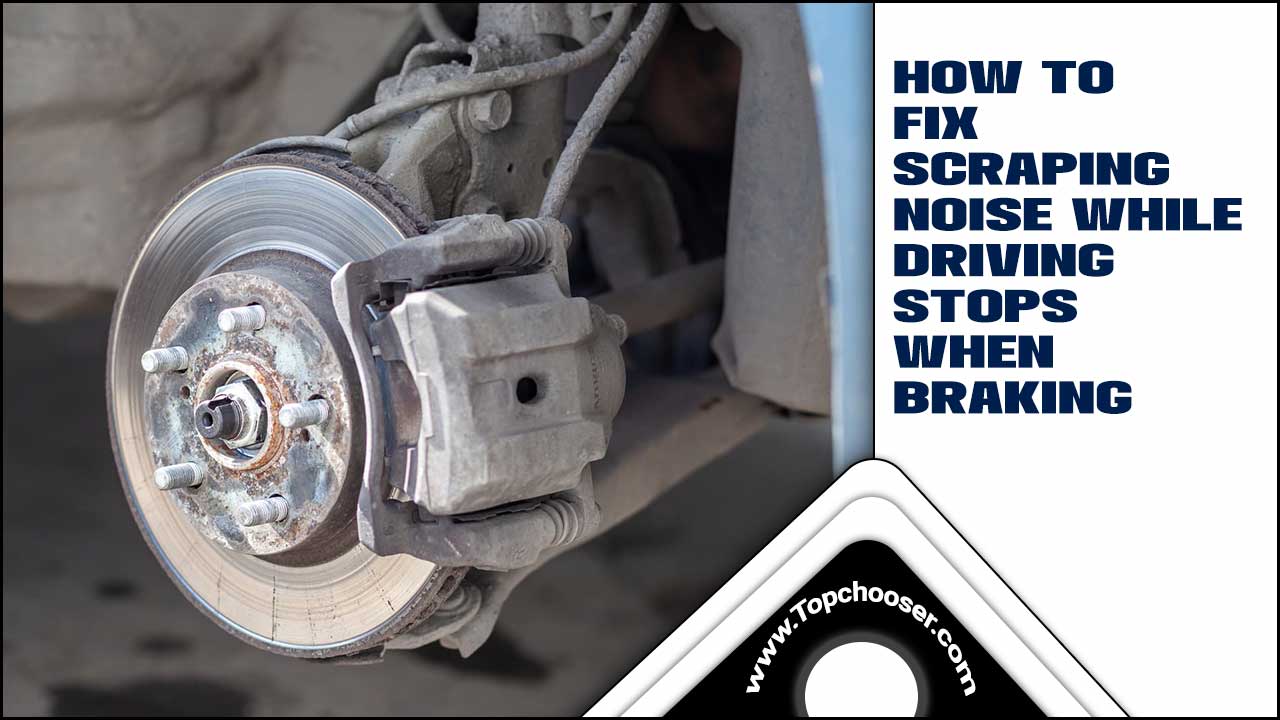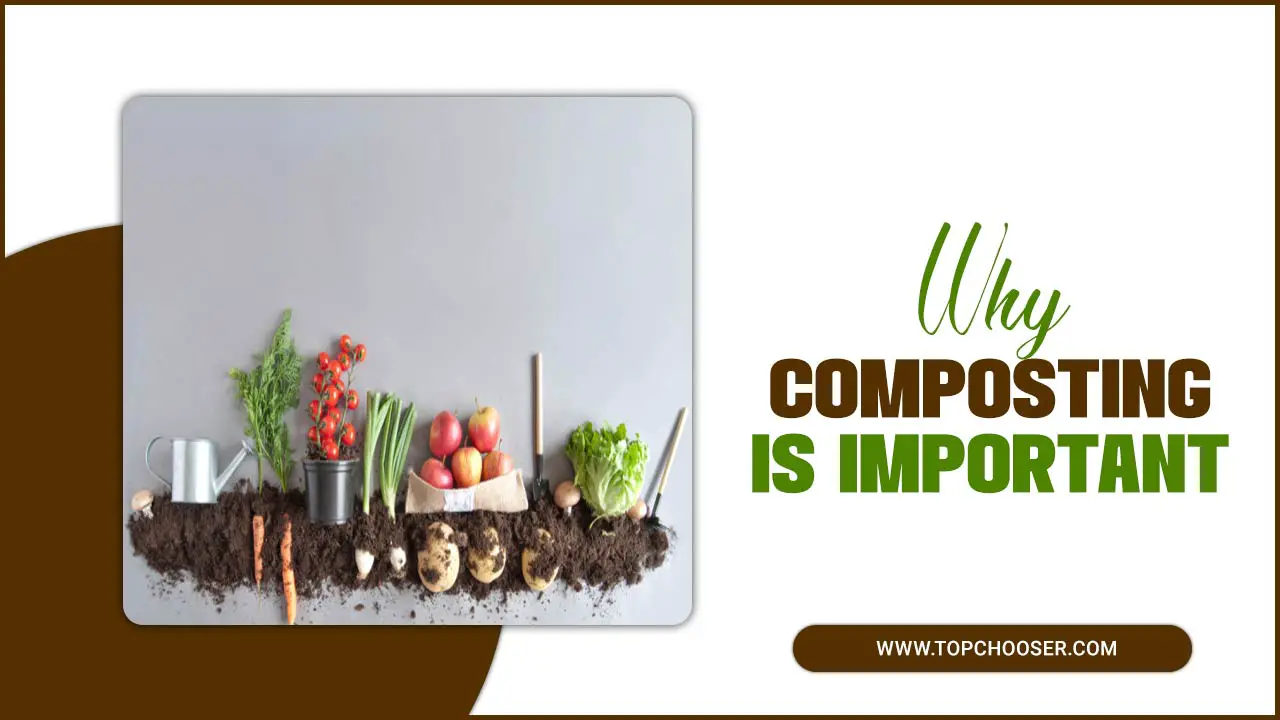Compost is a natural process of recycling organic materials, such as food and yard waste, into a nutrient-rich soil amendment. What does compost do?
It helps improve soil structure, increase water retention, and provide essential nutrients for plants to grow. Composting is an important practice that reduces the amount of organic materials in landfills, contributing to greenhouse gas emissions.
Individuals can reduce their carbon footprint by composting and contributing to a healthier environment. Composting is also feasible for individuals, communities, and businesses. It can be done at home with a simple bin or larger-scale operations. Composting is a simple and effective way to turn waste into a valuable resource for our planet’s and our gardens’ health.
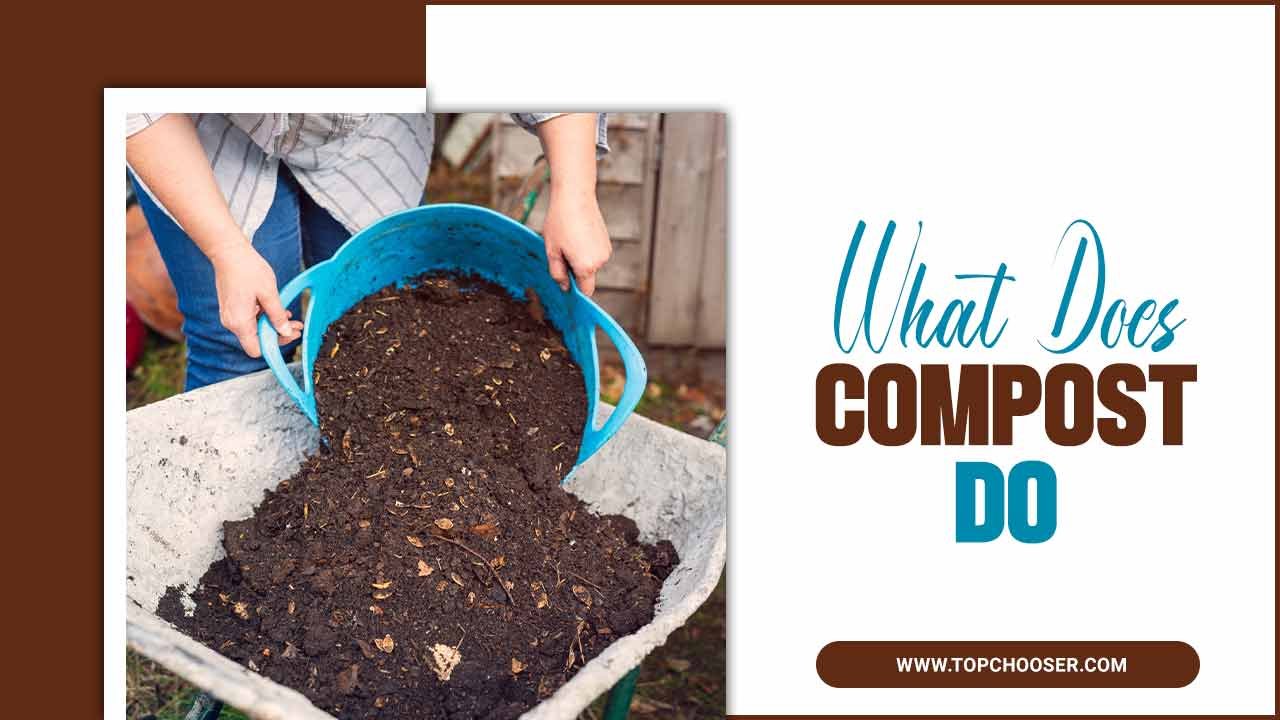
What Does Compost Do – Understanding The Role Of Compost
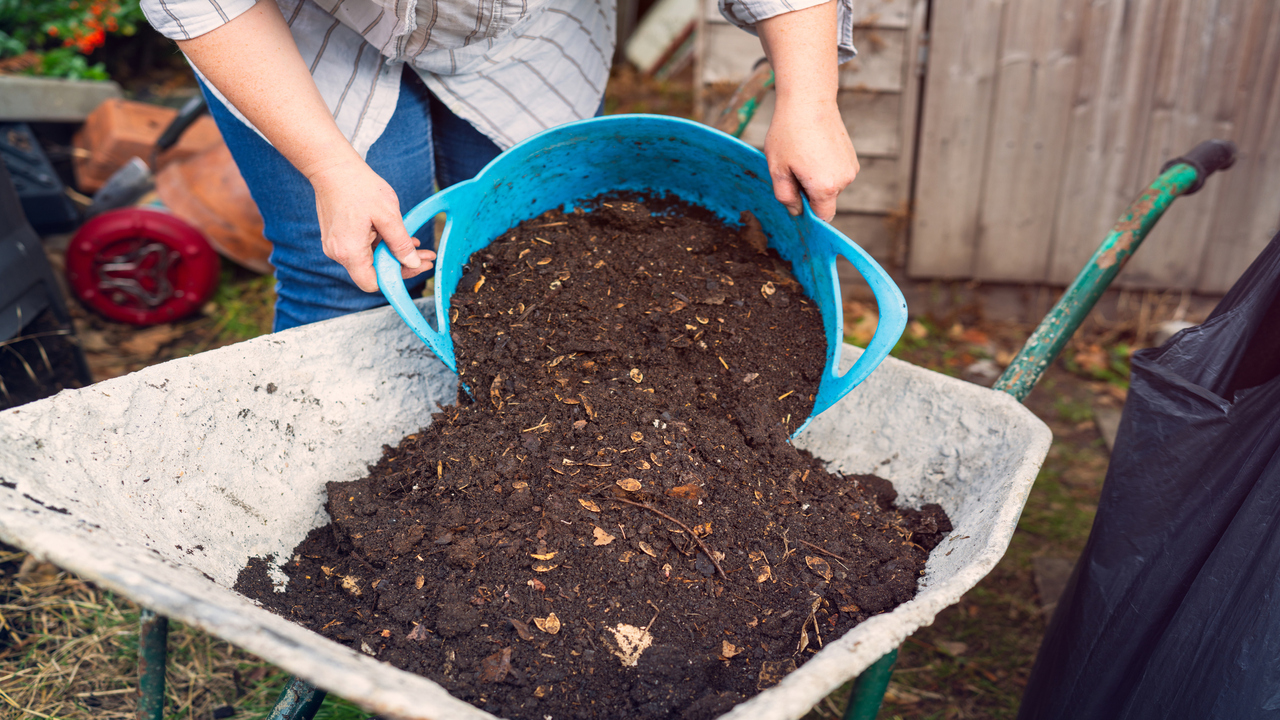
Compost plays a crucial role in maintaining soil health and promoting plant growth. It is a nutrient-rich organic matter that enhances the soil’s ability to retain moisture, improves soil structure, and increases soil fertility. Composting involves the breakdown of organic materials, such as leaves, grass clippings, and food waste, through the action of microorganisms.
As the organic matter decomposes, it releases valuable nutrients that plants need to grow. Compost also helps reduce the amount of waste sent to landfills and can be used as a natural fertilizer for gardens, lawns, and crops. Composting is an eco-friendly and sustainable practice that benefits the environment and our communities. Here are some tips on what does compost do.
Soil Enrichment

Compost helps soil retain more moisture and nutrients. It also prevents erosion by breaking up compacted soil. Compost is rich in plant nutrients and beneficial organisms, such as bacteria, fungi, worms, and insects, that help improve soil structure and fertility. Compost also helps balance the pH of the soil and suppresses diseases and pests. Adding compost to your soil can improve its quality and productivity.
Nutrient Cycling
Compost is a source of organic matter that recycles nutrients from plants and animals back into the soil. Nutrients such as nitrogen, phosphorus, potassium, calcium, magnesium, and sulfur are essential for plant growth and development.
Compost provides these nutrients in a slow-release form that plants can use over time. Compost also helps increase the availability of micronutrients, such as iron, zinc, copper, manganese, and boron, which are often deficient in soils. Composting can reduce the need for synthetic fertilizers and enhance the natural nutrient cycle.
Soil Health
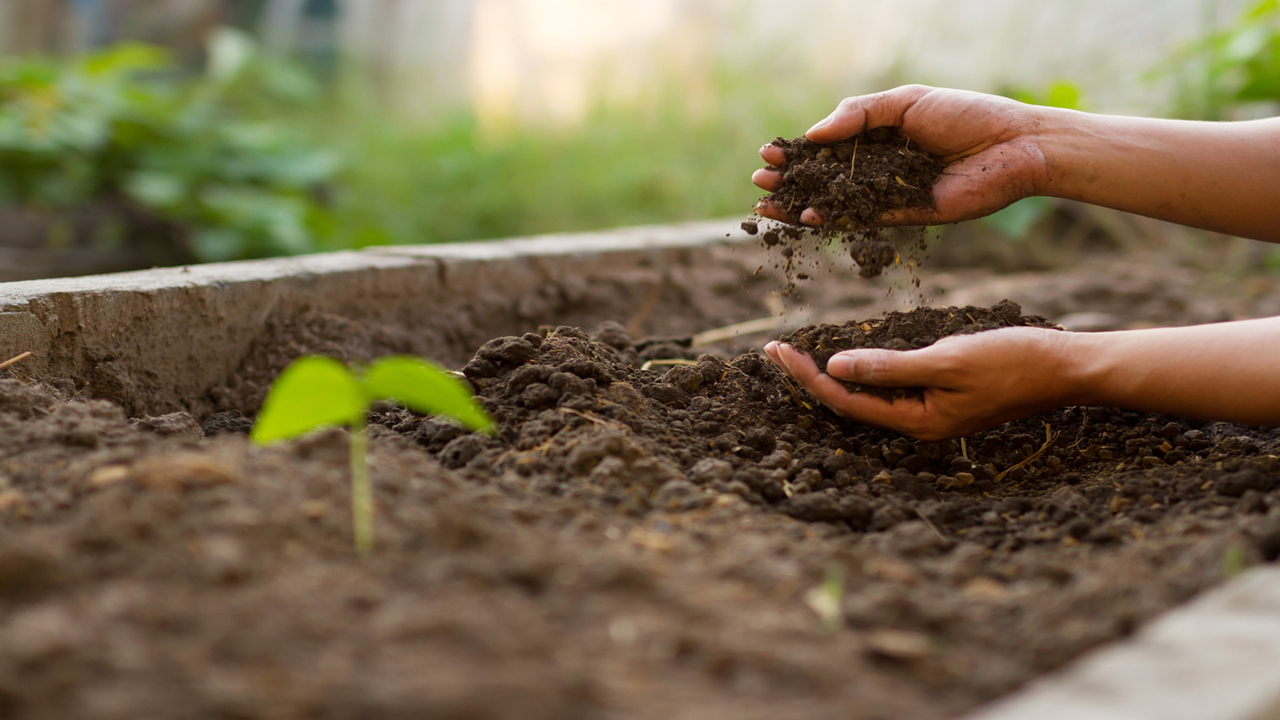
Compost improves soil health by increasing its biological activity and diversity. Soil organisms, such as bacteria, fungi, worms, insects, and nematodes, play important roles in decomposing organic matter, cycling nutrients, forming soil aggregates, improving water infiltration and drainage, and controlling diseases and pests.
Compost provides food and habitat for these organisms, stimulating their growth and activity. Compost also helps improve soil aeration and porosity by creating spaces between soil particles. Healthy soil is more resilient to environmental stresses and supports plant growth.
Erosion Control
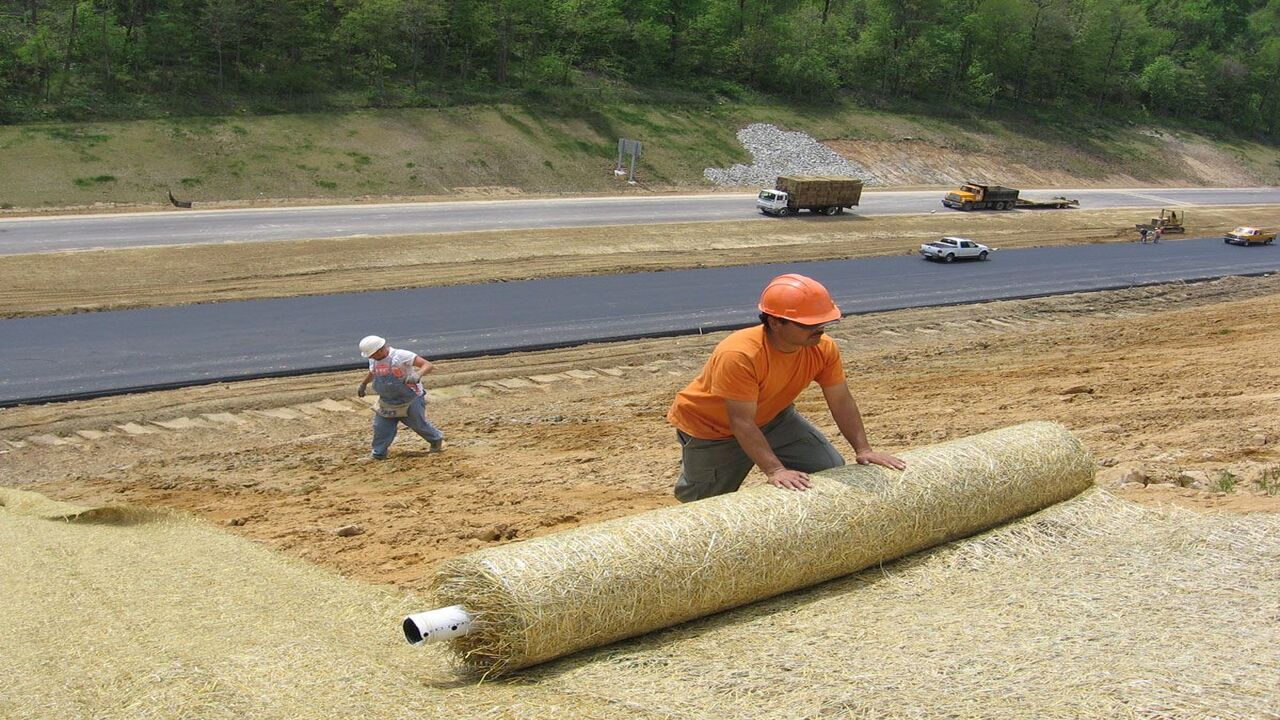
Compost helps control soil erosion by reducing runoff and increasing infiltration. Runoff is the movement of water over the surface of the soil, which can carry away soil particles and nutrients. Infiltration is water movement into the soil, which can replenish groundwater and prevent drought.
Compost helps reduce runoff by increasing the soil’s water-holding capacity and creating a protective layer on the surface. Compost also helps increase infiltration by improving soil structure and porosity. By composting, you can prevent soil loss and conserve water resources.
Waste Reduction
Composting reduces waste by recycling organic materials that would otherwise end up in landfills or incinerators. Food scraps and garden waste comprise more than 28 percent of what we throw away. Food waste is a significant environmental burden, and processing it is costly.
The average cost to landfill municipal solid waste in the United States was around $55 per ton in 20191. Composting at home allows us to divert some of that waste from landfills and turn it into something practical for our yards. Composting also reduces greenhouse gas emissions by preventing methane production from anaerobic decomposition in landfills.
Suppresses Plant Diseases
Compost can help suppress plant diseases and pests by introducing beneficial microbes that help fight off soil pathogens. It also helps balance the pH of the soil and reduces the need for chemical pesticides that can harm the environment and human health. Compost also improves soil structure and aeration, which prevents waterlogging and root rot. By using compost, you can protect your plants from diseases and pests naturally and effectively.
Compost Reduces Water Needs
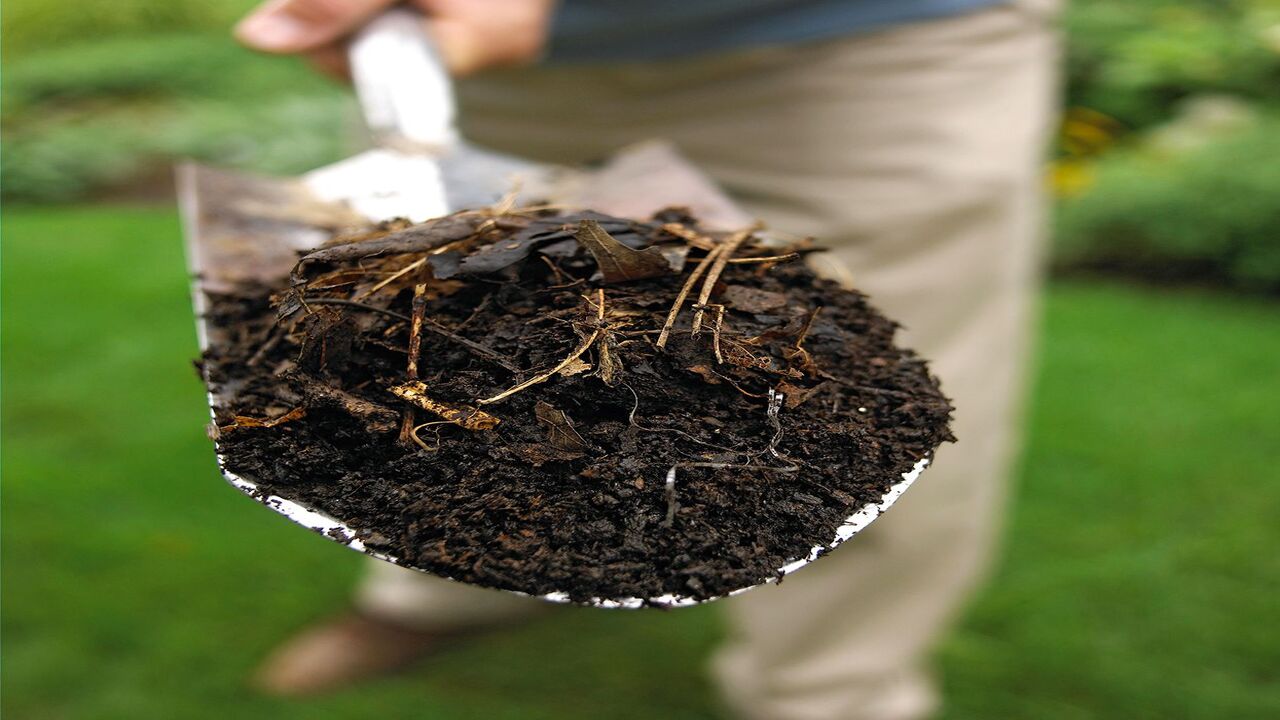
Compost can help reduce water needs by increasing the soil’s water-holding capacity. It is a sponge that absorbs and retains moisture, reducing runoff and evaporation. Compost also improves soil porosity and infiltration, allowing water to penetrate deeper into the soil and reach the plant roots.
Compost also helps prevent drought by mitigating the impact of high temperatures and low rainfall on the soil. Using compost, you can conserve water resources and save money on irrigation.
Compost Encourages Biodiversity
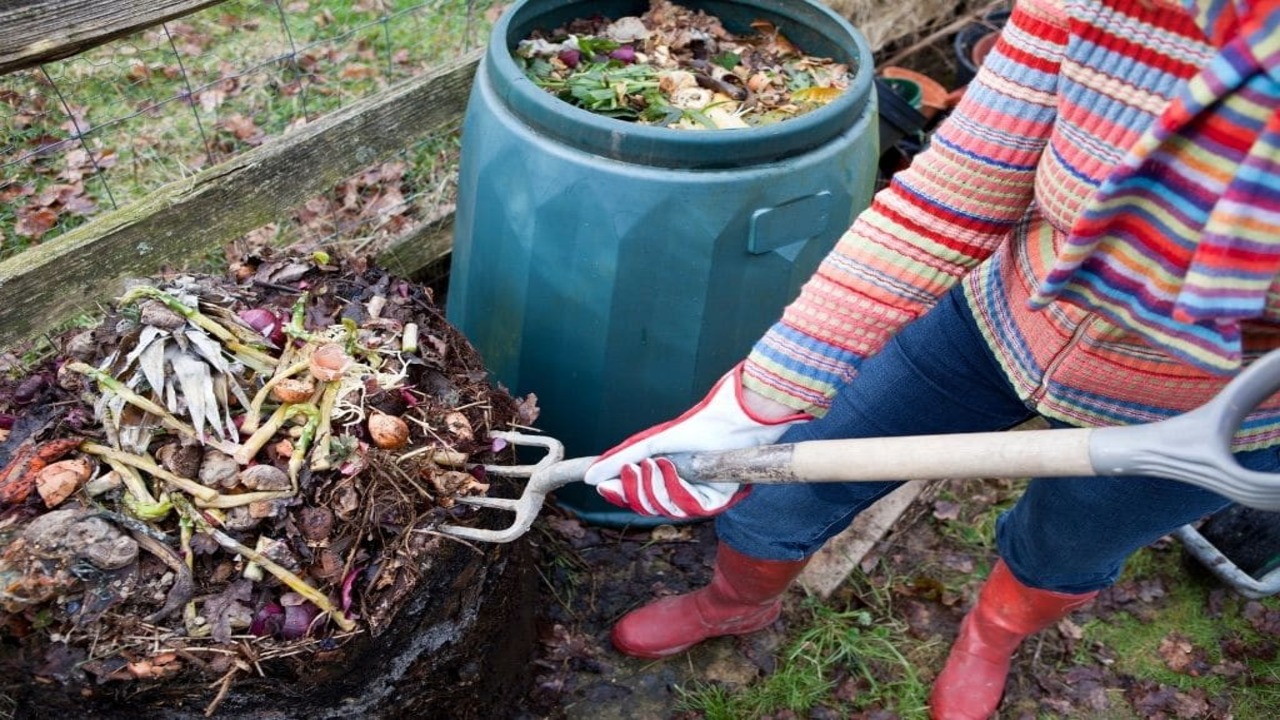
Compost can help encourage biodiversity by increasing the number and variety of soil organisms, such as bacteria, fungi, worms, insects, and nematodes. These organisms play important roles in decomposing organic matter, cycling nutrients, forming soil aggregates, improving water infiltration and drainage, and controlling diseases and pests.
Compost also provides food and habitat for these organisms, stimulating their growth and activity. Compost also helps restore forests, wetlands, and habitats by improving poor-quality soil. By using compost, you can support a diverse and healthy soil ecosystem.
Conclusion
Compost is an essential component for successful gardening and farming. It provides many benefits, such as improving soil structure and fertility, increasing nutrient availability, and reducing the need for synthetic fertilizers and pesticides.
Compost also promotes healthy plant growth, reduces erosion, and helps retain moisture in the soil. Additionally, composting helps divert organic waste from landfills, reducing greenhouse gas emissions and contributing to a healthier planet.
Composting can be done on a small or large scale and is a simple and effective way to manage organic waste. Overall, the benefits of composting cannot be overstated. By utilizing compost, we can improve the health of our soil, plants, and planet. So, to answer the question, what does compost do?- it does a lot of good.
FAQ’s
[rank_math_rich_snippet id=”s-88cd7dcc-e6c8-4d75-928d-eb86a1c82c0e”]

I am passionate about home engineering. I specialize in designing, installing, and maintaining heating, ventilation, and air conditioning systems. My goal is to help people stay comfortable in their homes all year long.

